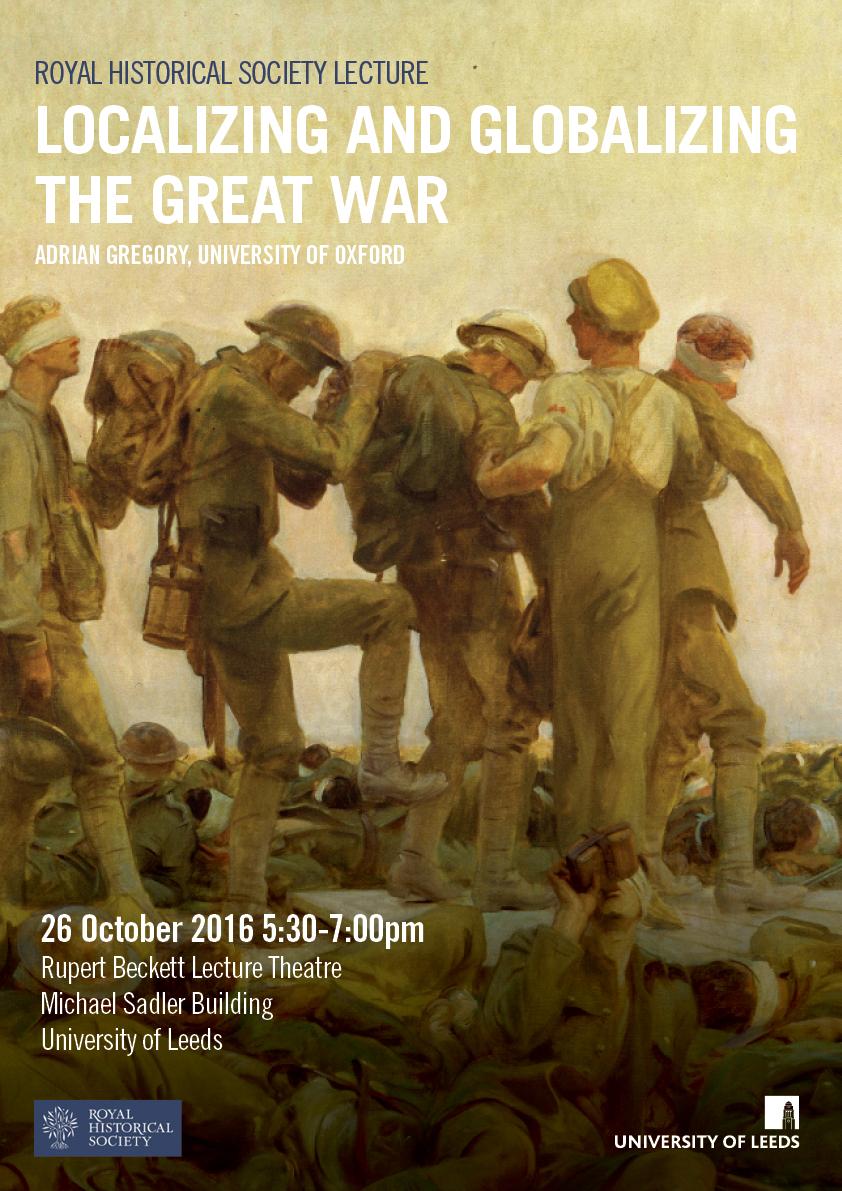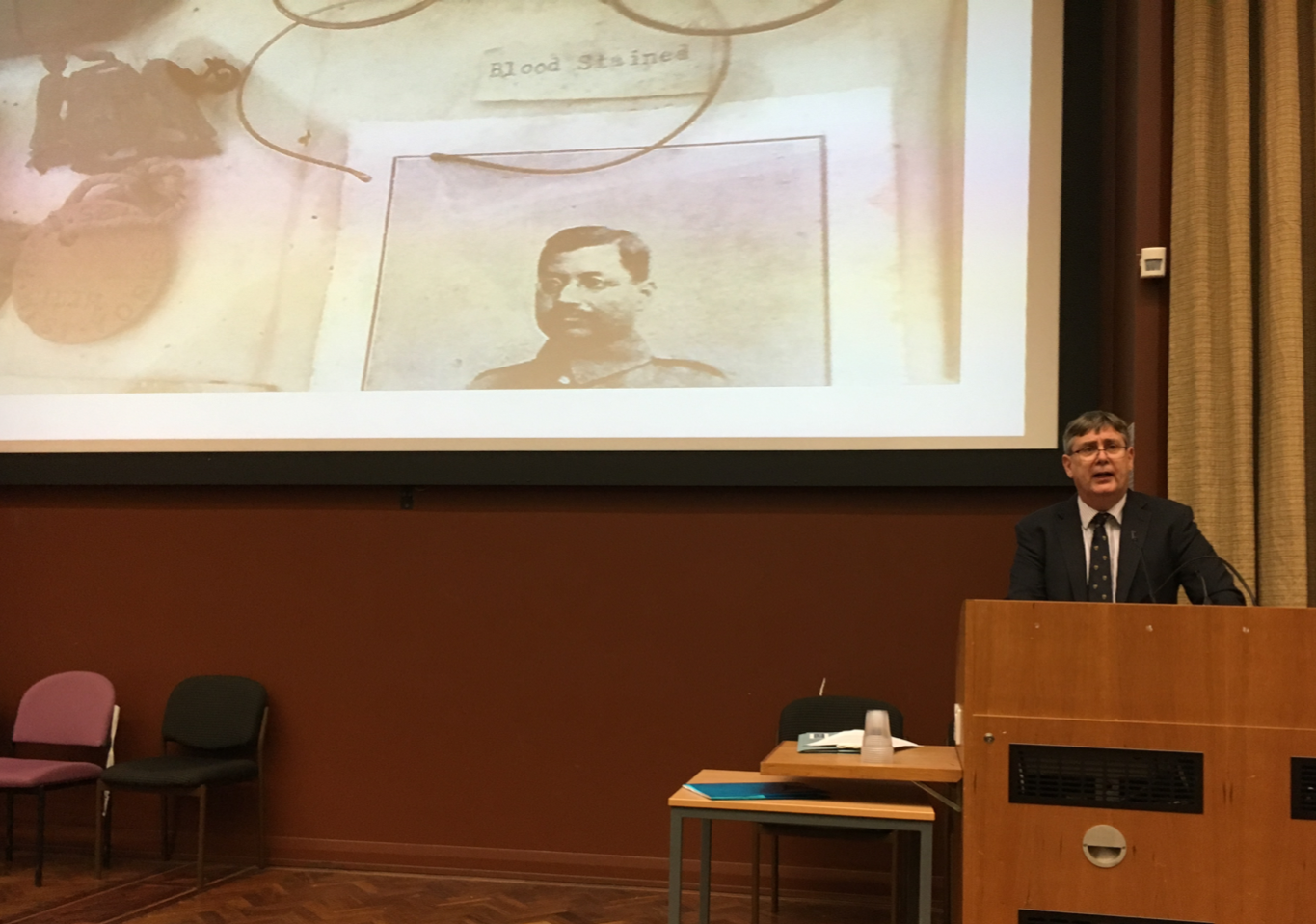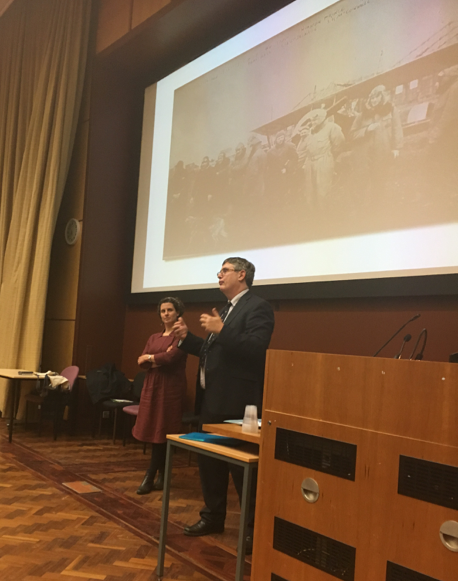Ideas and influence of poet and Nobel laureate Rabindranath Tagore during the first world war
Marking 100 years of Tagore’s lectures, delivered in Japan and USA, published in 1917 under the title ‘Nationalism’
‘Although Tagore is best known for his poetry, he was also an accomplished novelist, artist, dramatist, essayist and made prolific music compositions. His work gained international prominence just as the winds of nationalism and mutual distrust swept across the European continent and morphed into a conflict in 1914. The poet saw the oncoming war as an assault on humanity and explored its political and cultural consequences through his writings. European intellectuals and literary figures who witnessed the war’s brutality at their shores sought ‘insights coming from elsewhere’ and for many, Tagore’s voice ‘fit the need splendidly’ (Sen 2011).’
Full article here.
Sneha Reddy is a first-year PhD student at the School of International Relations in the University of Saint Andrews, Scotland. Her research focuses on French North African and British Indian soldiers in the First World War in the Middle East. She is on twitter @sneha_tumu



